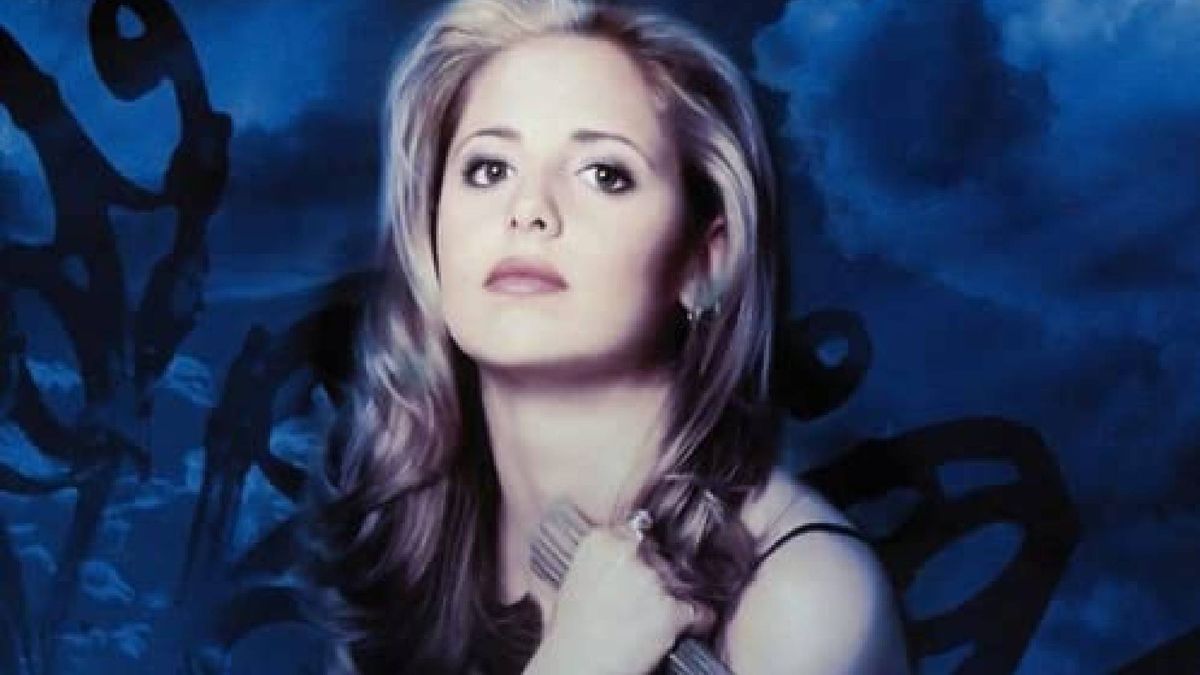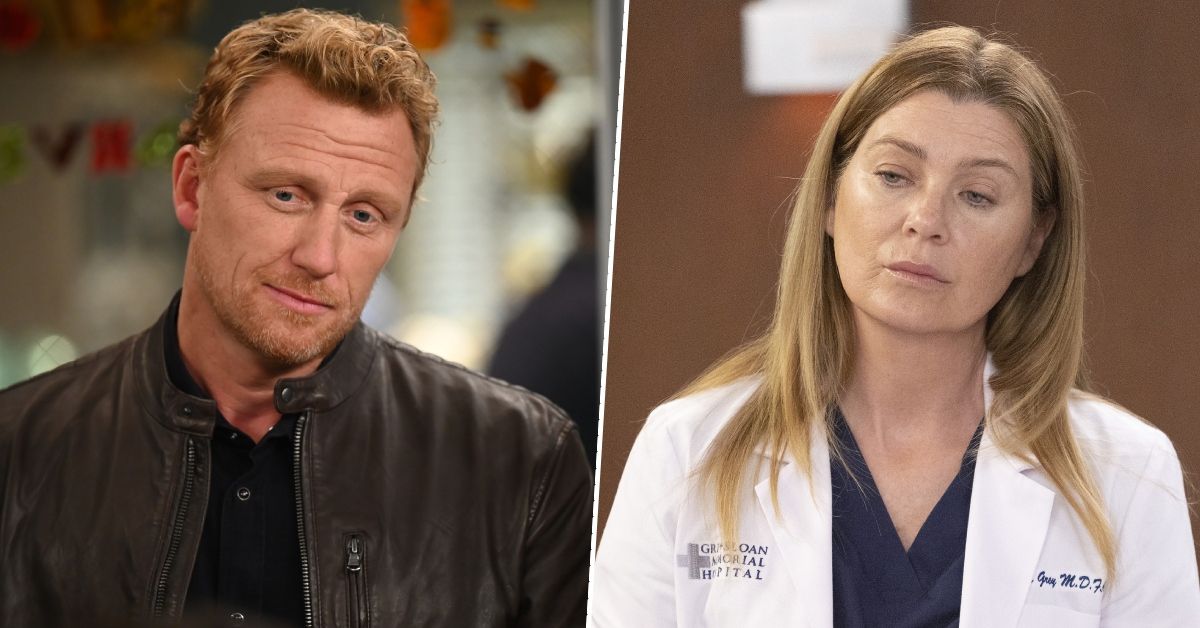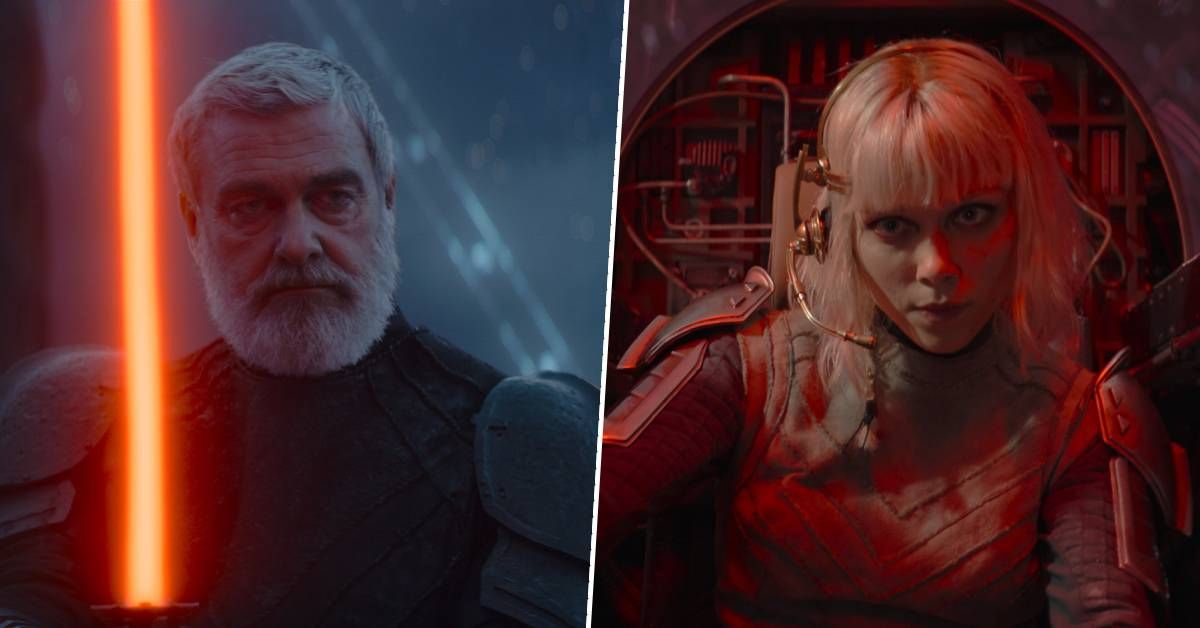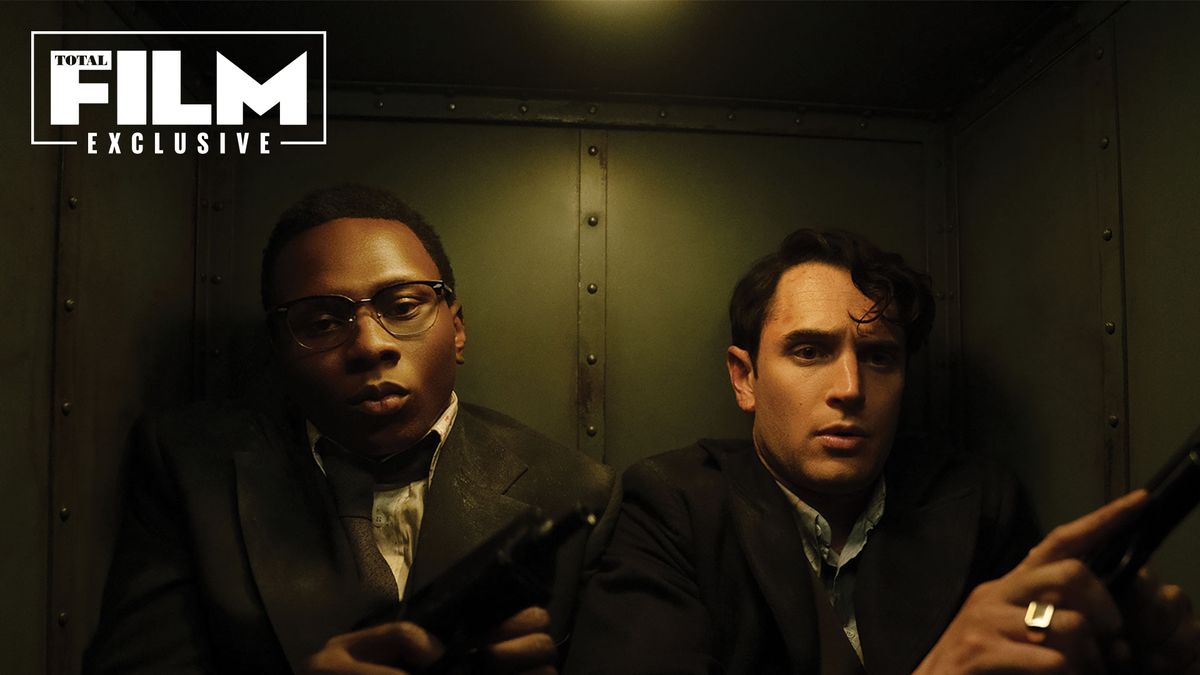The Midwich Cuckoos creator David Farr and director Alice Troughton have opened up about the key differences between John Wyndham’s classic sci-fi novel, Village of the Damned, and their brand new adaptation.
Ahead of the Sky show’s UK premiere on Thursday (June 2), the pair also talked about why they were keen to get involved in the project and why they elected to career-swap – and gender-swap – the main character.
“We both read the book when we were about 12, coincidentally. I was living in a small town, and it’s a small-town drama in essence,” Farr tells Total Film. “It really reflected the way I saw life as a teenager in the ’80s, you know, a Thatcherite, Surrey town in South England – and the alienation, that strange existential dread. It resonated, and I waited a long time, I wasn’t sure if we would ever get the rights. It was very difficult, but the producers amazingly got the rights back from Hollywood. As soon as that happened, I jumped on it, I was desperate to do it. So it’s been a long term passion project for me.”
Starring Synnøve Karlsen, Aisling Loftus, Ukweli Roach, Lara Rossi, Max Beesley, and Keeley Hawes, this new take sees the latter play Dr. Susannah Zellaby, a psychotherapist who lives in the titular village and is very much at the center of the mystery. In the book, Zellaby is a professor, who is somewhat of an outsider (and played by George Sanders in the 1960 film). The mystery itself, however, is very much the same: One day, all the residents of a place called Midwich pass out and after they regain consciousness, they discover that every woman of child-bearing age is suddenly expecting. Accelerated pregnancies lead to a bunch of simultaneous births, before it soon becomes clear that there’s more to the telepathic youngsters than meets the eye.
“We start relatively slowly, and that was probably my biggest anxiety over the whole thing but I wanted to make sure that the characters were characters we cared about and we could invest in,” Farr continues. “With a television series, we had that time. For me, the transformative thing was turning Zellaby, who in the book is a man who does a lot of lecturing, into this very listening, receptive psychologist woman. She sets the tone where it’s much more about relationships, and trying to understand, and intuit what people’s intentions are. With that, we didn’t feel the pressure to deliver obvious genre beats.”

Farr went on to admit that he only saw Wolf Rilla’s Village of the Damned around a decade ago, and that while he loved the “sensational” first half, he wasn’t convinced by its second. He adds: “For me, that story in the 50s and 60s is kind of totalitarian takeover is belongs to children. In our world, that’s not the terror anymore, our terror is around individualism.
“We think we’ve created this perfect, consumerist, individualist world. We live in these safe towns, you know? Democracies, and yet we feel this constant sense of anxiety that we’re not good enough or feeling that there’s a better species that’s about to take over from us,” explains Farr. “That’s what I was interested in.”
“For me, the chance to tell the story from the point of view of the women, because the book has a male narrative, was too interesting to pass up,” Troughton chimes in. “Let’s face it, it’s about women, and there’s all sorts of intimations there about violence and interference. We’re getting more and more familiar with women not being in control of their own bodies and having their destinies taken out of their hands, and I think that, unfortunately, is incredibly apposite to what we’re now seeing happening world over. This is the game of the other side.”
The Midwich Cuckoos comes to Sky Max from 2 June, with all episodes streaming on NOW. In the meantime, why not check out our roundup of the best TV shows of all time for some viewing inspiration.
 Games News games, movies and TV you love.
Games News games, movies and TV you love.



